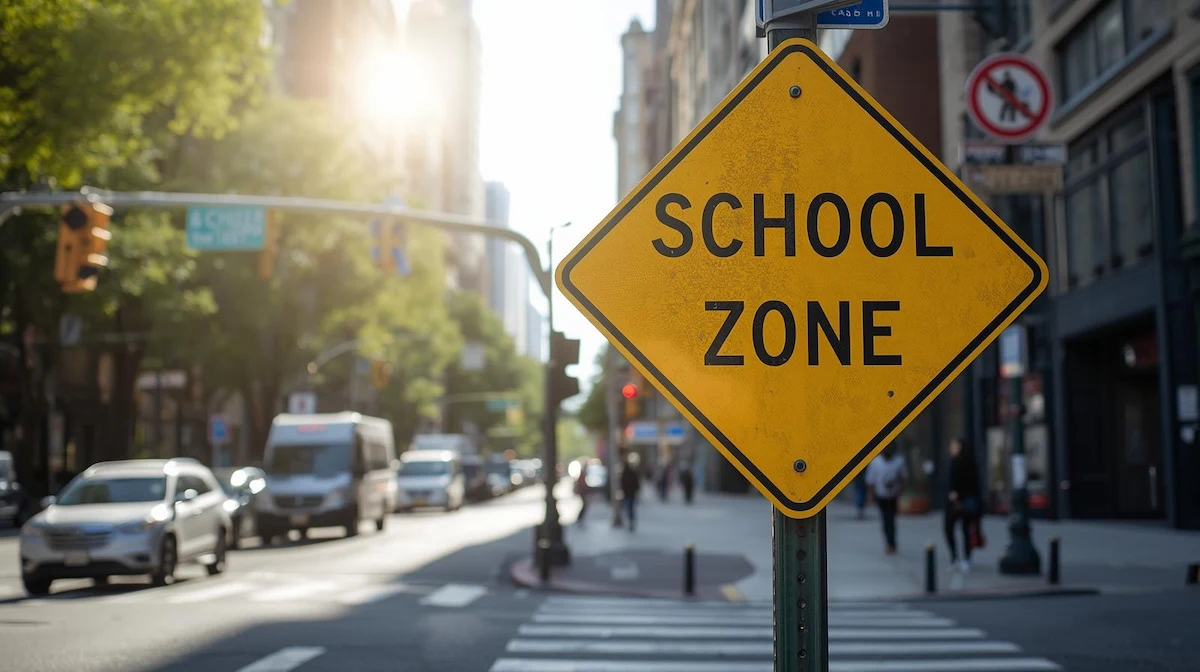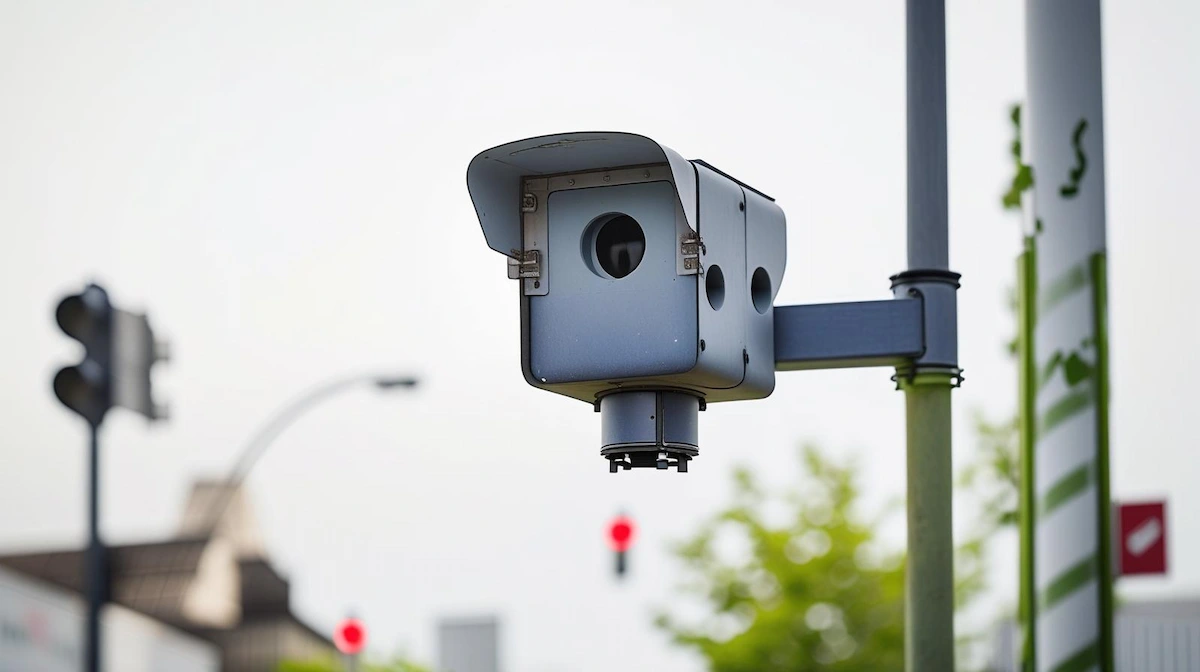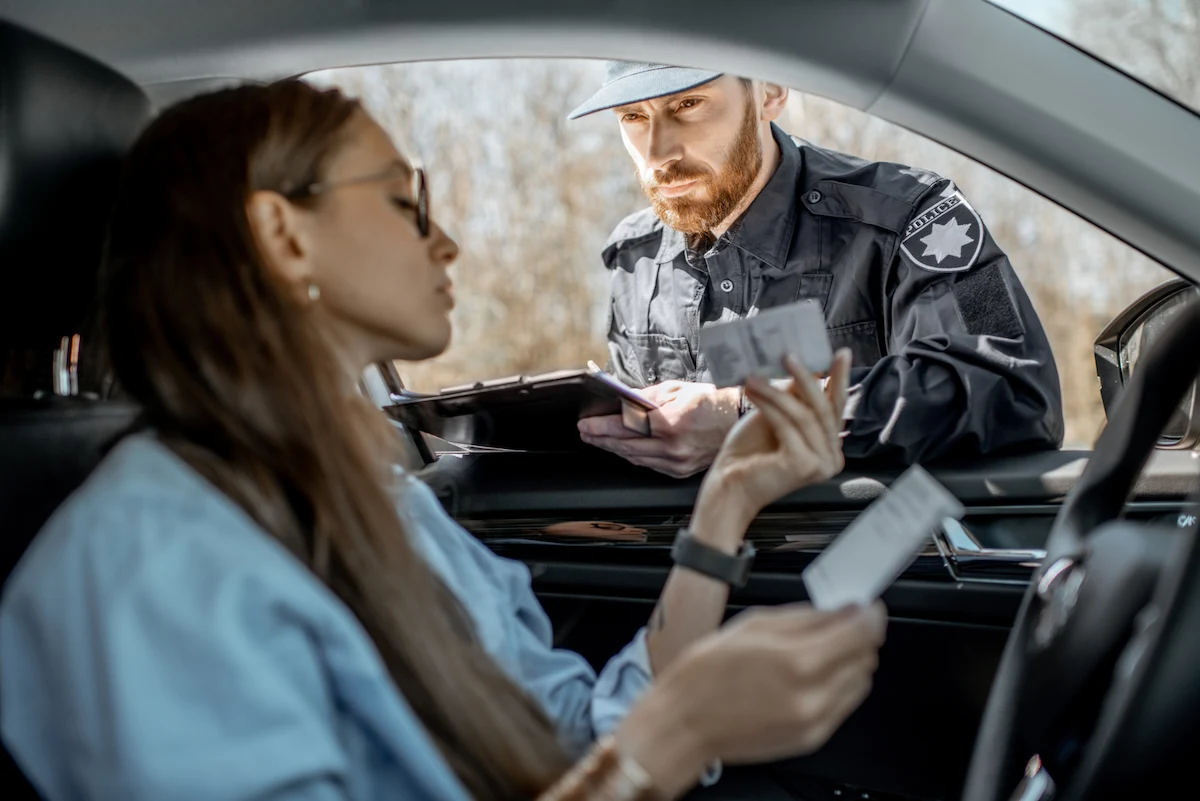Getting a speeding ticket is an experience that brings inconvenience, stress, and often unexpected financial concerns. The thought of having to appear in court can make the situation feel even heavier, especially for drivers with busy schedules or limited understanding of the legal process. For many, the most pressing question is whether there are ways to handle the ticket without setting foot in a courtroom.
While each case is unique, there are several recognized paths made by your lawyer for speeding tickets from My Tickets NYC that may help you resolve a speeding ticket outside of court. Knowing your options can help you save time, reduce worry, and protect your driving record.
Ways To Avoid Going To Court For A Speeding Ticket
The following approaches show how drivers often handle tickets without being required to attend court:
-
Paying The Fine Directly
One of the simplest ways to close out a speeding ticket is by paying the fine directly to the court or through the available online system. By paying, you are essentially accepting responsibility for the violation. Although this method may add points to your record and raise your insurance rates, it eliminates the need to appear in court physically. For minor offenses, this can be the fastest way to put the matter behind you.
-
Requesting A Reduction Or Plea Agreement
Many jurisdictions allow drivers to request a plea agreement or negotiate for reduced charges through written correspondence. This often involves pleading guilty to a less severe offense, such as a non-moving violation, which can limit the number of points on your record. This approach may require submitting documents to the court or communicating with a prosecutor, but it is commonly resolved without appearing before a judge.
-
Attending A Traffic School Program
In many states, completing a traffic school or driver improvement program can help drivers avoid court while also reducing the long-term consequences of a ticket. Some courts dismiss the violation upon successful completion of the program, while others may allow points to be withheld from your record. This is especially beneficial for first-time offenders who want to protect their driving history and insurance rates.
-
Hiring A Traffic Attorney
An experienced traffic attorney can often appear in court on your behalf. This means you may never have to set foot inside a courtroom. Attorneys know how to negotiate with prosecutors, challenge evidence, and pursue favorable outcomes that the average driver may not be aware of. While hiring legal help involves an expense, it can save significant time and prevent costly penalties down the road.
-
Requesting Deferred Adjudication Or Probation
In some jurisdictions, drivers can request deferred adjudication or probation for traffic violations. This allows you to avoid a conviction if you meet specific conditions, such as preventing new tickets for a set period or completing a driving course. Since this arrangement often keeps the violation off your record, it can be a strong option for avoiding court and preventing future insurance hikes.
-
Contesting By Written Declaration
In certain states, you can contest a ticket by submitting a written declaration instead of appearing in person. This process allows you to provide your side of the story through documentation and evidence without attending court. If the officer who issued the ticket does not respond, the case may even be dismissed. While results vary, this option offers a practical alternative to a physical courtroom appearance.
-
Exploring Online Court Options
Some courts have modernized their systems to allow virtual hearings or online resolution platforms. These services make it possible to handle a speeding ticket from home rather than travelling to a courthouse. Online systems may let you submit a plea, pay fines, or request alternative resolutions. Checking if your jurisdiction offers digital options can save both time and effort.
-
Speaking With The Clerk Of Court
Clerks are often the best resource for learning about alternatives to an in-person hearing. They can explain the available programs, payment methods, and local procedures for handling tickets outside of court. Reaching out early shows initiative and helps you identify options you may not have realized existed. The guidance provided by the clerk can streamline your process and clarify next steps.
-
Using Mitigation Options
Some states provide drivers with the option to submit a written mitigation request. This allows you to explain the circumstances of your speeding violation, such as a clean driving history or an emergency. Judges may choose to lower your fine or reduce the severity of the breach without requiring you to appear in court. While this does not always eliminate penalties, it can lessen their impact and resolve the matter quickly.
-
Checking Eligibility For Diversion Programs
Diversion programs are available in some jurisdictions as an alternative to traditional court appearances. These programs may include safe driving workshops, community service, or other requirements that, once completed, allow the ticket to be dismissed or reduced. Such programs are beneficial for keeping your record clear while avoiding formal court hearings.
-
Understanding Ticket Severity
Not every speeding violation qualifies for an out-of-court resolution. Minor infractions are often handled through simple payment or diversion, but serious offenses such as excessive speeding or reckless driving may require a mandatory appearance. Understanding the severity of your ticket helps you determine what options are realistically available to you.
-
Considering Insurance Implications
The method you choose to resolve your ticket can directly affect your insurance rates. Paying the fine may lead to higher premiums, while traffic school or diversion programs may keep your record clean. Speaking with your insurance provider before deciding can give you a clearer picture of how each option impacts your coverage.
-
Monitoring Deadlines And Requirements
To avoid court successfully, it is essential to pay close attention to deadlines and instructions. Courts provide clear timelines for payments, declarations, or program completions. Missing these deadlines can result in a mandatory appearance or additional penalties. Staying organized and addressing the ticket quickly increases your chances of resolving it without going to court.
-
Seeking Legal Advice For Complex Cases
For drivers with prior violations or tickets tied to other offenses, the situation can be more complicated. Consulting with a lawyer ensures you fully understand your rights and obligations. Legal professionals can evaluate the specifics of your case and recommend solutions that help you avoid unnecessary court appearances.
Resolve Speeding Tickets Without Court Involvement
Dealing with a speeding ticket outside of court is possible, but it requires knowing your options and taking timely action by hiring a qualified speeding ticket lawyer. Exploring each option carefully allows you to choose the path that minimizes stress, saves time, and limits long-term consequences.
Facing a speeding ticket does not automatically mean appearing in court. Being proactive with your response builds confidence in your ability to protect your record and manage insurance costs. With the right approach, you can move past the ticket while keeping court appearances off your schedule.
For more information on how to avoid going to court for a speeding ticket, contact My Tickets NYC via this Online Form. One of our experts will get back to you shortly.





